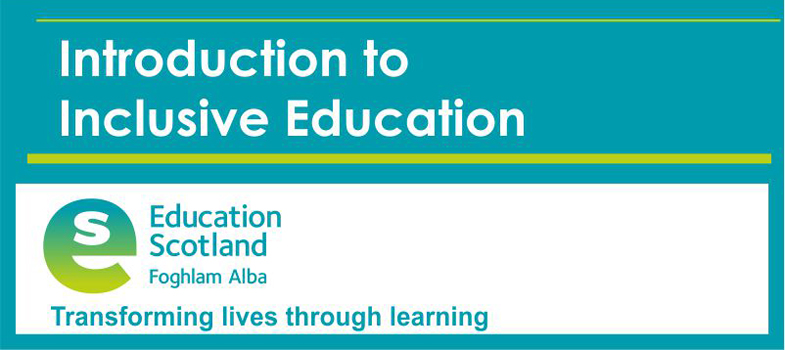5.3 Working with parents
Effective communication, respect and partnership working are key requirements between establishments and families. They are essential in supporting appropriate and effective identification, planning and monitoring and important for maintaining positive relationships.
All parents need to feel they are included and that there is transparent and regular communication. This could be done via phone calls, emails and letters – please ensure that the communication method used is appropriate for the family and follows establishment guidelines. A regular short message to a parent about progress can be extremely effective in avoiding a situation escalating negatively.
It is important that:
- Parents and carers feel that they are being listened to and their views are valued.
- Parents and carers are informed of all the support their child receives. This will reduce perceptions that no supports are in place, as often they are discrete and the learner may not be fully aware of the additional support they are receiving.
- Parents and carers are contacted about achievements and not only when difficulties arise.
- Parents and carers are provided with information on what assessment and support means within the ‘needs led’ Scottish educational context - the ‘label’ is not in itself required in order for resources or support to be made available for learners. Equally, a specific label can be very valuable to the learner and their family in terms of the learner’s sense of self and understanding from others.
- Local authority staged levels of intervention are followed and information on the process is made available to the parents and carers.
- Sources of advice and support are shared: for example Enquire [Tip: hold Ctrl and click a link to open it in a new tab. (Hide tip)] , Dyslexia Scotland, Scottish Autism, Autism Network Scotland, or the Scottish Sensory Centre
- Effective consultation takes place with parents and the young person. If the young person is old enough to understand what is happening they can participate in their meetings. They have a legal entitlement to do so.
5.2 Working with learners
